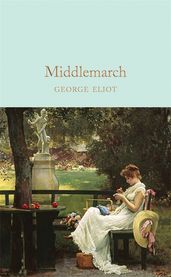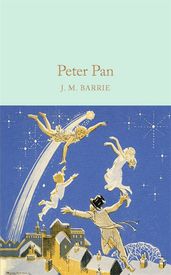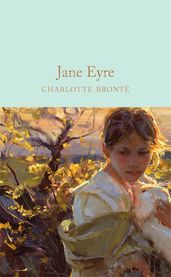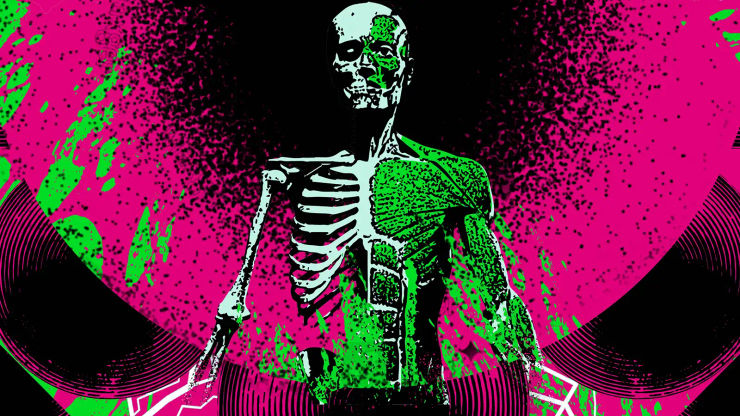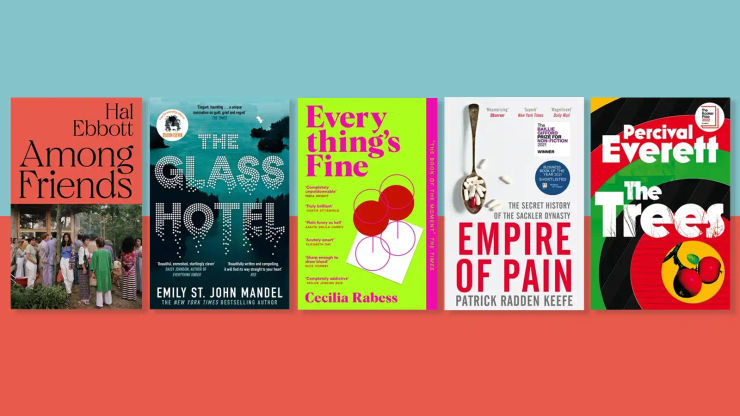Books you change your mind about as you get older
Four reads that are like fine wine: they taste different with age.

It's not unusual to reread a book you enjoyed as a child and discover a whole new layer of meaning that had passed your younger self by. The religious allegory of Narnia. The social critique of The Great Gatsby. The satire of Animal Farm. Similarly, going back to a book you disliked at an earlier age will often yield a new appreciation. What seemed boring is now skillful subtlety. You've come to understand the humour. It is, perhaps, more interesting to think about novels that you enjoyed as a younger reader, but about which your response has changed with age. Maybe you sympathise with a different character, or are more engaged by a different part of the narrative. Here, our website editor picks four books she has changed her mind about.
Warning: this article contains spoilers.
Middlemarch
by George Eliot
This is a novel that seems to change as its readers' change: sympathies shift, emotional responses are recast, the book's emphasis and meaning widens, or narrows, depending on our own lives. It's the story of Dorothea Brooke, who becomes trapped in an unhappy marriage, Tertius Lydgate, a man determined to bring modern science and medicine to 'the provinces', and of Middlemarch the town, and its people, and Victorian life. When I read this as a teenager, I was most invested in the love stories; repulsed by Dorothea's husband, Casaubon, miserable for Lydgate, financially and therefore professionally ruined by the shallow and extravagant Rosamond. Later, I was less interested in the marriage plots than intrigued by Dorothea's apparently voluntary involvement in one when, unlike so many female Victorian protagonists, she has independent financial stability. And as for Lydgate: my older self saw him as more of a let-down than someone who had been let down, and I found myself disappointed by him rather than on his behalf.
Peter Pan
by J. M. Barrie
Originally a play, then a novel a few years later, Peter Pan is the tale of a mischievous boy who takes the children of the Darling family (Wendy, John and Michael) to a place called Neverland, populated by fairies, pirates, mermaids and the Lost Boys, and where children never have to grow up. What a delightful adventure Peter Pan was as a child. The nanny who's a dog (what?! amazing), losing shadows, flying, the crocodile that ticks. As an adult, the book and play still have huge nostalgia value, but – children who never grow up. . ? Despite how the story ends, I now can't help but wonder whether a lot of the characters are actually supposed to be dead the whole time.
Jane Eyre
by Charlotte Brontë
Plain but witty, clever and brave, Jane gets herself through a horrible childhood and comes into her own as a governess at Thornfield Hall. There she meets the enigmatic, brooding Mr Rochester, and reader, she marries him. When I first read Jane Eyre, I was somehow completely fine with the fact Rochester had locked his first wife in the attic. Seems reasonable, I thought, she's a bit of a nightmare. Twenty years and a Wide Sargasso Sea later, I have rather changed my view.
Stoner
by John Williams
Described by The Guardian as 'the greatest novel you've never read', Stoner is a quiet tale of a normal life. William Stoner isn't dramatic, he doesn't achieve greatness: he's an ordinary man. When I first read this novel, my heart broke for him. His awful wife, Edith, his tender relationship with his daughter. Stoner's adultery seemed totally legitimate, and I was glad for him that it happened. Then a few years later an observation from a friend made me read it again, and I found my perception of his wife, and their relationship, had changed. Why is Edith so unhappy? What makes her behave so horribly? Some of Stoner's responses to her are understandable, but are they OK? Why did I, as a reader, so readily accept Edith as Stoner's vindictive foil and decide that she deserved whatever happens to her? I still don't like Edith ten years on, but I want to understand her in a way I didn't before.
